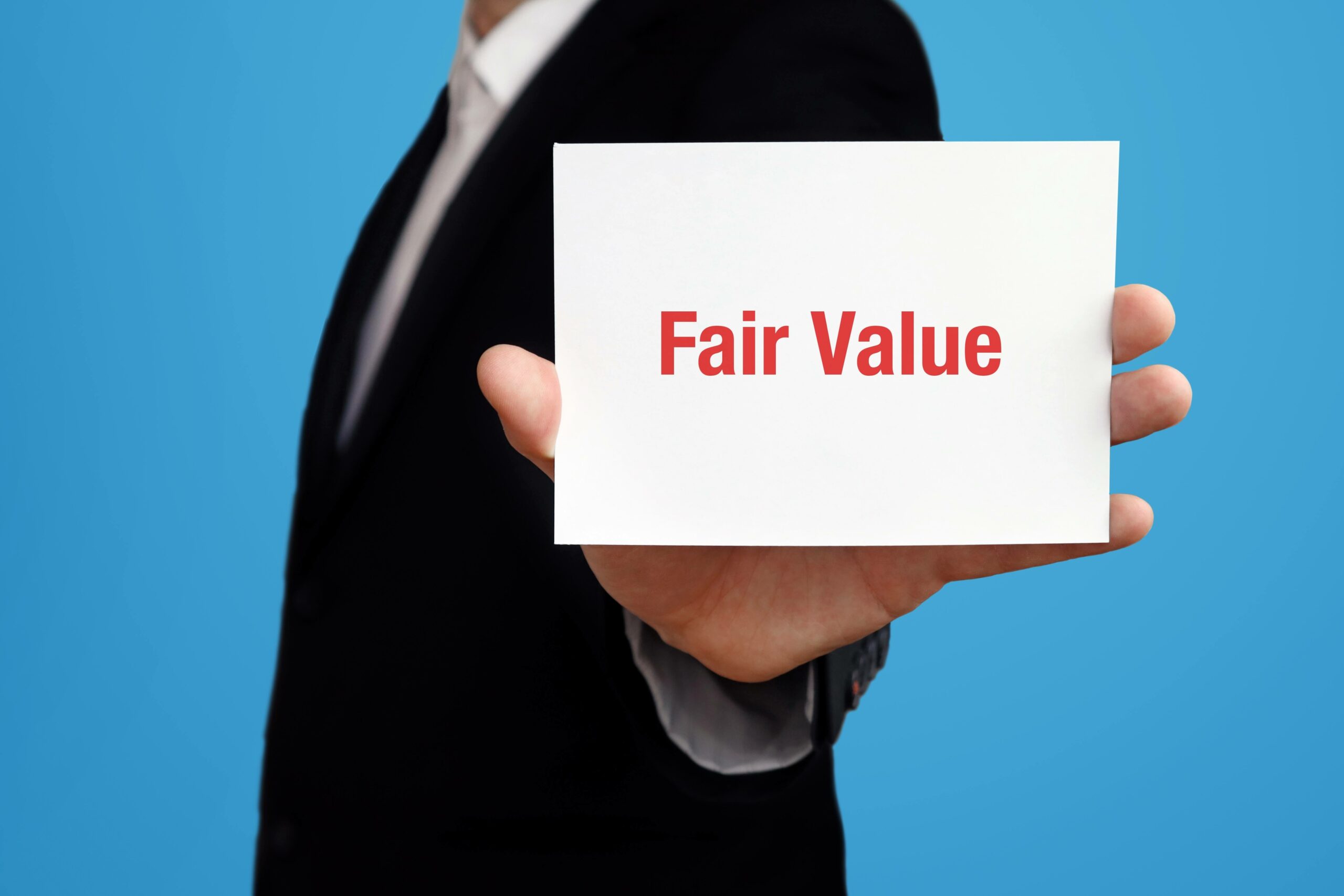The bell rings, and the excitement begins at 9:00 EST Monday through Friday most weeks. Wall Street opens up for trading, and thousands of companies are available for purchase as stock shares. Willing buyers and sellers reach a price for each of those stocks second by second throughout the day. By 4:00 EST, over 1 billion shares will trade hands – actually, many more than a billion, but that was enough to get your attention!
The challenge is understanding the players involved in establishing the price per share. Where does the price come from, and what is the most accurate reflection of a company’s value? The million-dollar question – now, if I only had the answer! I do have an answer, but you probably won’t like it.
The price for one share of company stock, on a day-to-day basis, is determined solely by what someone is willing to pay to buy or sell on that very day. The challenge is that the price will once again be determined by what another unknown party is willing to pay for the security a year from now.
So what about studying the financials, and what about the fundamentals? Don’t any of these considerations count? Yes, but in the short-term, the price is set by emotion more than by fundamentals.
“Fair value” is the term thrown around very loosely to describe what a company stock should be worth. As an investor, you then divide that value by the number of shares outstanding and determine what a fair price for the stock should be. The analyst will usually do the division for you and tell you their thoughts per share.
An experiment from 2007 by Standard and Poor’s and Morningstar reminds me how fickle investors – even professionals – can become. Each examined the 30 stocks in the Dow Jones Industrial Average and was asked to decide on a “fair value.” Morningstar assigned a significantly higher value to three companies – PG, AXP, and VZ – and S&P assigned a significantly higher value to 3 others – MRK, HPQ, and T.
The two firms disagreed on 12 of the 30 stocks in deciding whether the current stock price was higher or lower than fair value. Only 8 of the 30 stocks found a price where fair value was determined to be within 10% of what the two firms agreed upon independently. There is wiggle room in valuation.
We are not suggesting that Wall Street is the world’s largest casino. Some random pricing structure does not determine the price of a security. At the same time, it is not as simple as looking at the company, the management, the demographics, and the rest of the fundamental financial data.
When the bell rings, and the excitement begins, we start with the price from yesterday’s close and work from there. The general sentiment of the overall market each day has far more impact than anything else on daily price movement.
The Financial Enhancement Group is an SEC Registered Investment Advisor. Securities offered through World Equity Group, Inc. Member FINRA/SIPC. Advisory services can be provided by Financial Enhancement Group (FEG) or World Equity Group. FEG and World Equity Group are separately owned and operated.


